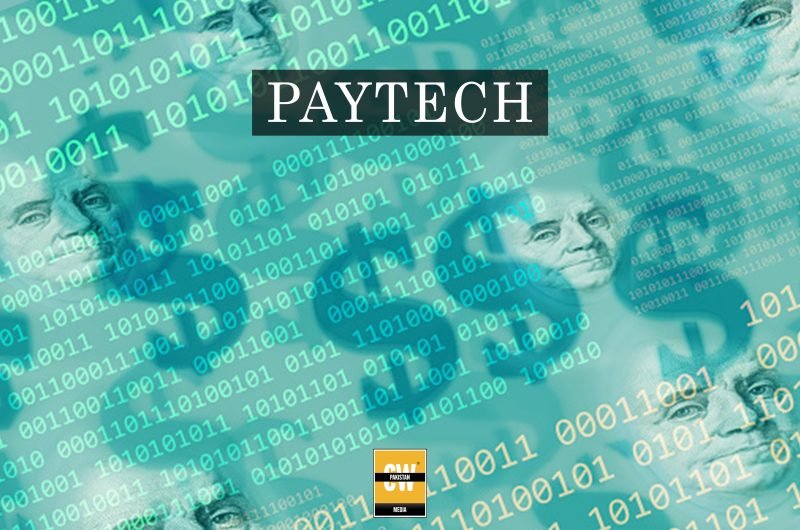The Federal Board of Revenue (FBR) has set a maximum transaction limit of Rs. 200,000 for cash payments related to e-commerce Cash on Delivery (CoD) orders, marking a significant move towards promoting digital transactions in Pakistan’s online retail sector. The decision, announced through Circular No. 02 of 2025-26 (Income Tax) dated August 12, 2025, is part of the government’s broader efforts to encourage a cashless economy and reduce the dependence on physical currency in commercial activities.
According to the circular, the limit aligns with the provisions of Section 21(s) of the Income Tax Ordinance, 2001, which already imposes a similar restriction on cash payments at physical retail outlets. By extending this regulation to e-commerce transactions, the FBR aims to standardize payment practices across the retail sector, whether sales take place online or in-store.
The measure is intended to promote transparency in business transactions, streamline payment processing, and create a more traceable financial trail that could help combat tax evasion. The FBR has emphasized that digital payment channels, such as bank transfers, mobile wallets, and online gateways, should be used for transactions exceeding the Rs. 200,000 limit.
Industry observers believe the move could have far-reaching implications for Pakistan’s fast-growing e-commerce market. While the CoD model remains the preferred payment method for many online shoppers in the country due to trust and convenience factors, the cap could encourage more customers to transition toward digital payment systems. This shift would not only benefit online retailers by reducing risks associated with cash handling but also support the development of Pakistan’s digital financial infrastructure.
The FBR’s decision is also closely aligned with the government’s vision for financial inclusion and digital transformation. By promoting electronic transactions, the authorities aim to expand the tax base, improve compliance, and bring more businesses into the formal economy. In recent years, Pakistan has witnessed a rapid increase in the adoption of fintech solutions, mobile banking, and e-payment platforms, and the new CoD limit could further accelerate this trend.
From a compliance standpoint, the cap will require e-commerce businesses to adjust their order processing systems to reject or redirect cash-based payments that exceed the prescribed threshold. Retailers and marketplaces may also need to invest in awareness campaigns to educate customers about the new regulations and provide them with user-friendly digital payment options.
While some small businesses and customers may initially find the adjustment challenging, especially in areas with limited access to digital payment infrastructure, the long-term impact is expected to be positive. Reduced reliance on cash could lower operational risks, speed up order fulfillment, and increase financial transparency across the e-commerce ecosystem.
The FBR’s move also signals a continued policy shift toward creating a regulated, technology-driven marketplace where traceable transactions become the norm. As the digital economy continues to expand, regulatory frameworks like this will play a key role in shaping the future of retail and online commerce in Pakistan.








